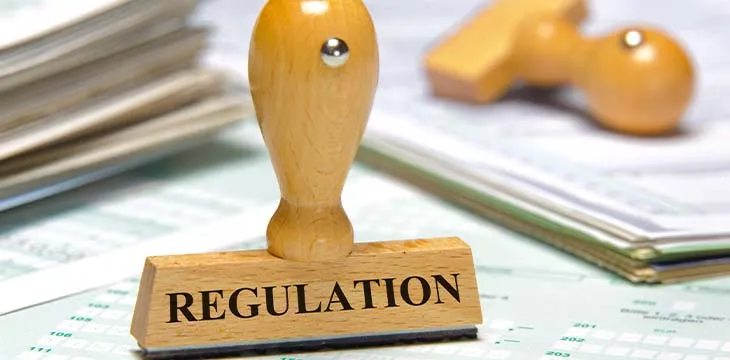|
Getting your Trinity Audio player ready...
|
Indonesian regulators are taking a hard stance toward digital assets and their operators. The country’s Ministry of Trade has upped the ante by planning to issue a directive that a large majority of directors of firms should be Indonesian citizens.
On Tuesday, quoting Deputy Trade Minister Jerry Sambuaga, Reuters reported that “two-thirds of the board of directors and commissioners are to be Indonesian citizens and reside in the country.” Apart from this requirement, Sambuaga noted that more rules will be issued to prevent the misuse of digital assets in the country.
Furthermore, digital asset service providers will be required to use a third-party service to store the holdings of clients’ funds. This mandate, according to Sambuaga, will prevent exchanges from reinvesting funds in risky assets.
The incoming wave of new regulations by the Ministry of Trade will have sufficient input from the Commodity Futures Trading Regulatory Agency (Bappebti). However, a timeframe has yet to be disclosed to the public, but details of the plan have been made known to the legislative house, with Didid Noordiatmoko, acting head of Bappebti, attending a parliamentary hearing.
Noordiatmoko told Parliament that the rule of a two-third majority for directors “could prevent the top management running away when a problem hits the exchange.” The new rules derive a measure of validity from the catastrophic reports of exchanges halting withdrawals for customers.
Local Indonesian digital asset exchange Zipmex was one in a long list of exchanges that ran into financial troubles. The firm has since obtained a moratorium against lawsuits from the courts, leaving investors with almost zero legal alternatives to recover their funds. In South Korea, Terra founder Do Kwon is on the run after the collapse of his network that led to losses running into billions of dollars.
Tough times ahead for Indonesia’s digital assets industry
Following the collapse of major virtual currency exchanges in the country, Indonesian regulators began cracking down on bad actors in the space. New and existing firms seeking operational licenses are required to have a minimum capital requirement of $6.7 million, amongst other stringent measures.
The country recorded a digital asset transaction volume of $57.37 billion in 2021, a 1,000% increase from 2020. However, the figures have taken a significant hit following the collapse of service providers due to unpleasant “macroeconomic factors.” Across the board, the global market capitalization of the entire digital assets industry has fallen below $1 trillion from almost $3 trillion.
Watch: Regulation of Digital Assets & Digital Asset Businesses

 06-30-2025
06-30-2025 





